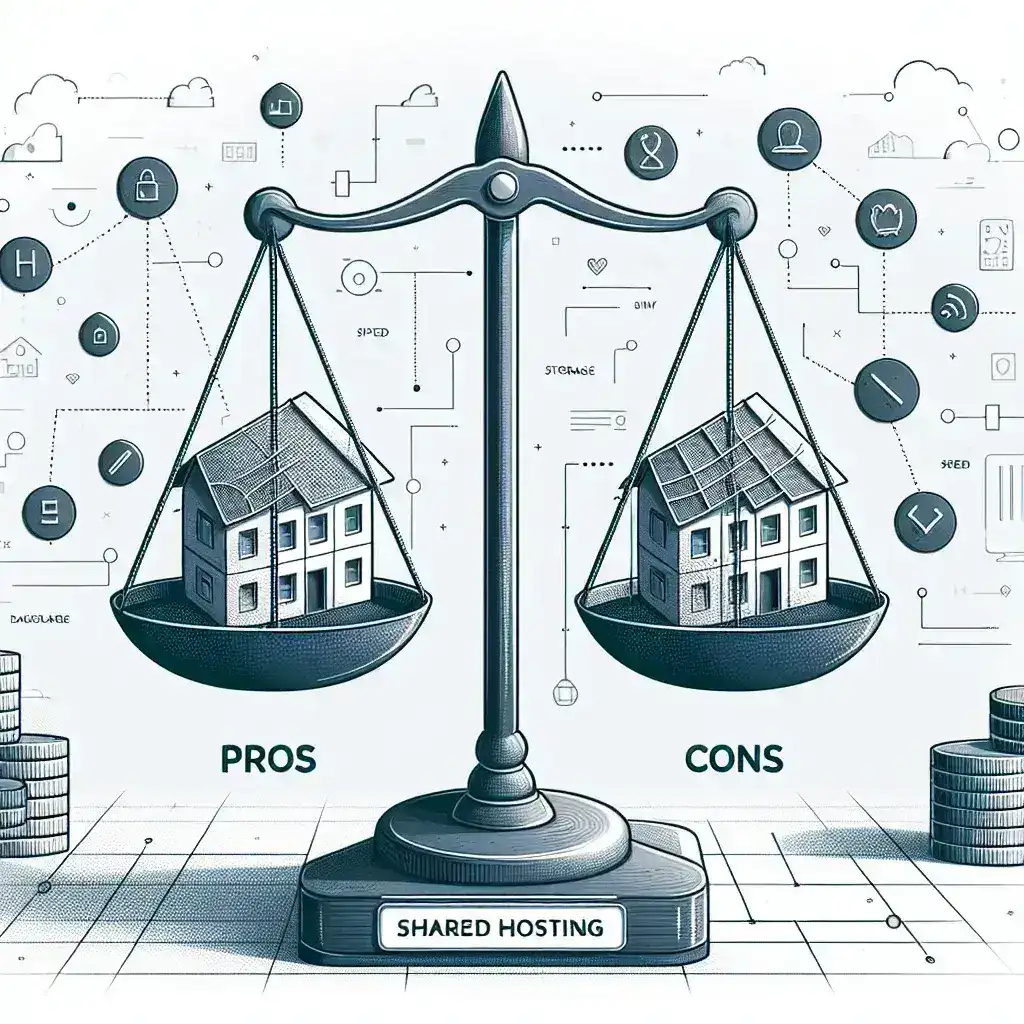Introduction
Choosing the right hosting option for your website is a critical decision that can impact your site’s performance, security, and growth. One of the most popular options, especially for beginners, is shared hosting. However, as your website grows, the question arises: should you stick with shared hosting long-term? This article will delve into the pros and cons of staying on shared hosting to help you make an informed decision.
Pros of Staying on Shared Hosting
1. Cost-Effective
One of the most significant advantages of shared hosting is its affordability. Because multiple websites share the same server resources, the costs are split among the users.
- Shared hosting plans typically range from $3 to $10 per month, making it an economical choice for small businesses and personal blogs.
2. User-Friendly
Shared hosting providers often offer easy-to-use control panels, one-click installations, and comprehensive customer support. These features make it attractive for those who are not tech-savvy.
- cPanel, Plesk, and other control panels simplify the management of your website.
- One-click installation for popular CMSs like WordPress, Joomla, and Drupal.
3. Maintenance and Management
With shared hosting, the hosting provider takes care of server maintenance, updates, and security patches.
- This allows website owners to focus on content and marketing rather than technical details.
Cons of Staying on Shared Hosting
1. Limited Resources
Shared hosting means sharing server resources with multiple users. This can lead to performance issues, especially if other websites on the server experience high traffic.
| Resource | Limitation |
|---|---|
| CPU | Shared among multiple websites |
| RAM | Allocated per website but shared overall |
| Bandwidth | Limited based on plan |
2. Security Risks
Sharing a server with other websites can make your site more vulnerable to security breaches. If one website on the server is compromised, it can potentially affect all other sites.
- Increased risk of cross-site contamination.
- Potential vulnerability to DDoS attacks targeting other sites.
3. Limited Scalability
As your website grows, you may need more resources than shared hosting can provide. This can lead to limitations in performance and the inability to handle high traffic volumes.
- Restrictions on CPU and RAM allocation.
- Limited database and storage capacity.
4. Performance Issues
Because resources are shared, the performance of your website can be inconsistent. High traffic on other sites can slow down your website, leading to a poor user experience.
- Reduced page load speeds.
- Potential for downtime during peak traffic hours.
When to Move Beyond Shared Hosting
1. Increased Traffic
If your website traffic has significantly increased, it may be time to consider upgrading to a Virtual Private Server (VPS) or dedicated hosting to ensure better performance and reliability.
2. Ecommerce Requirements
Running an online store requires more robust security and performance. Upgrading to a VPS or dedicated server can provide the necessary resources and security features.
3. Advanced Customization
If you need advanced server configurations or specific software installations that shared hosting doesn’t support, it’s time to move to a more flexible hosting solution.
Conclusion
Shared hosting offers several benefits, including cost-effectiveness and ease of use, which make it an excellent choice for beginners and small websites. However, as your website grows, the limitations of shared hosting, such as limited resources, security risks, and performance issues, may outweigh its advantages. Knowing when to upgrade to a more advanced hosting solution is crucial for ensuring the ongoing success of your website.

